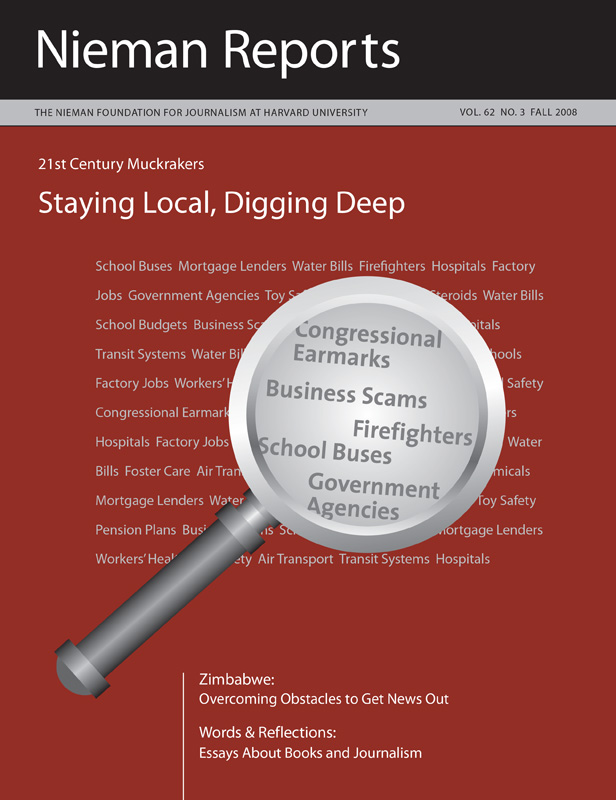Now for a little truth-and-disclosure. Roy Harris is both a friend and a neighbor. He and I met 10 years ago on a fundraising walk for our local wildlife rescue center. He spotted my Los Angeles Times T-shirt, and I saw his hat from the Napa Valley. Good wine and printer’s ink: In a small colonial town in coastal Massachusetts, that made us instant comrades.
RELATED ARTICLE
"Public Service Pulitzers: How These Stories Were Told"
— Elizabeth MehrenThroughout the arduous research and reporting process, Roy occasionally bounced ideas off my husband, Fox Butterfield, and me. We represented two newspapers named Times, and Fox, after all, was part of the investigative team that helped The New York Times win the Pulitzer for Public Service in 1972, for publication of the Pentagon Papers. (Blessedly, the no-byline policy was long since over by then.) Roy rewarded us with kind references in his book.
RELATED ARTICLE
"Public Service Pulitzers: How These Stories Were Told"
— Elizabeth MehrenThroughout the arduous research and reporting process, Roy occasionally bounced ideas off my husband, Fox Butterfield, and me. We represented two newspapers named Times, and Fox, after all, was part of the investigative team that helped The New York Times win the Pulitzer for Public Service in 1972, for publication of the Pentagon Papers. (Blessedly, the no-byline policy was long since over by then.) Roy rewarded us with kind references in his book.



